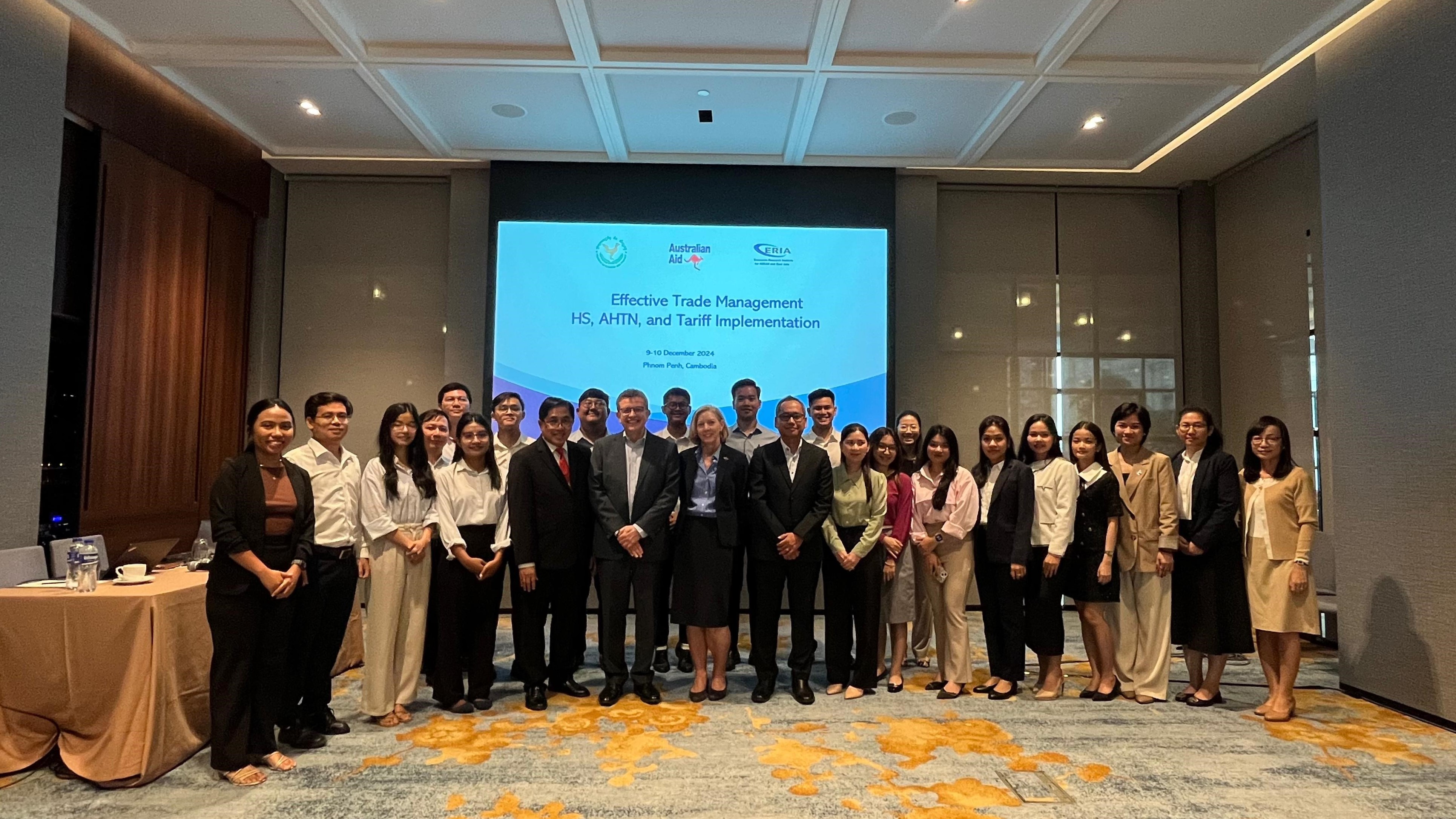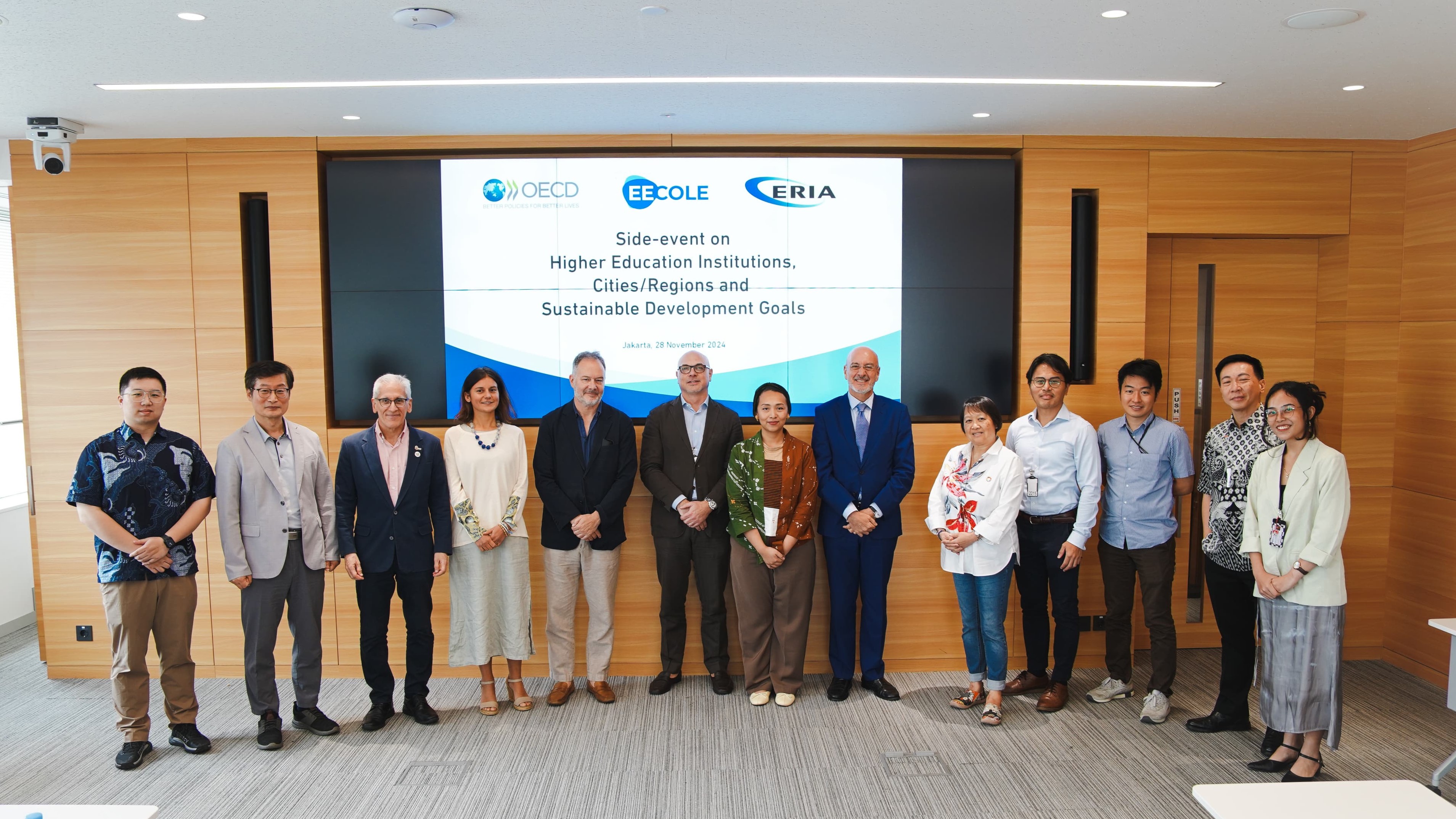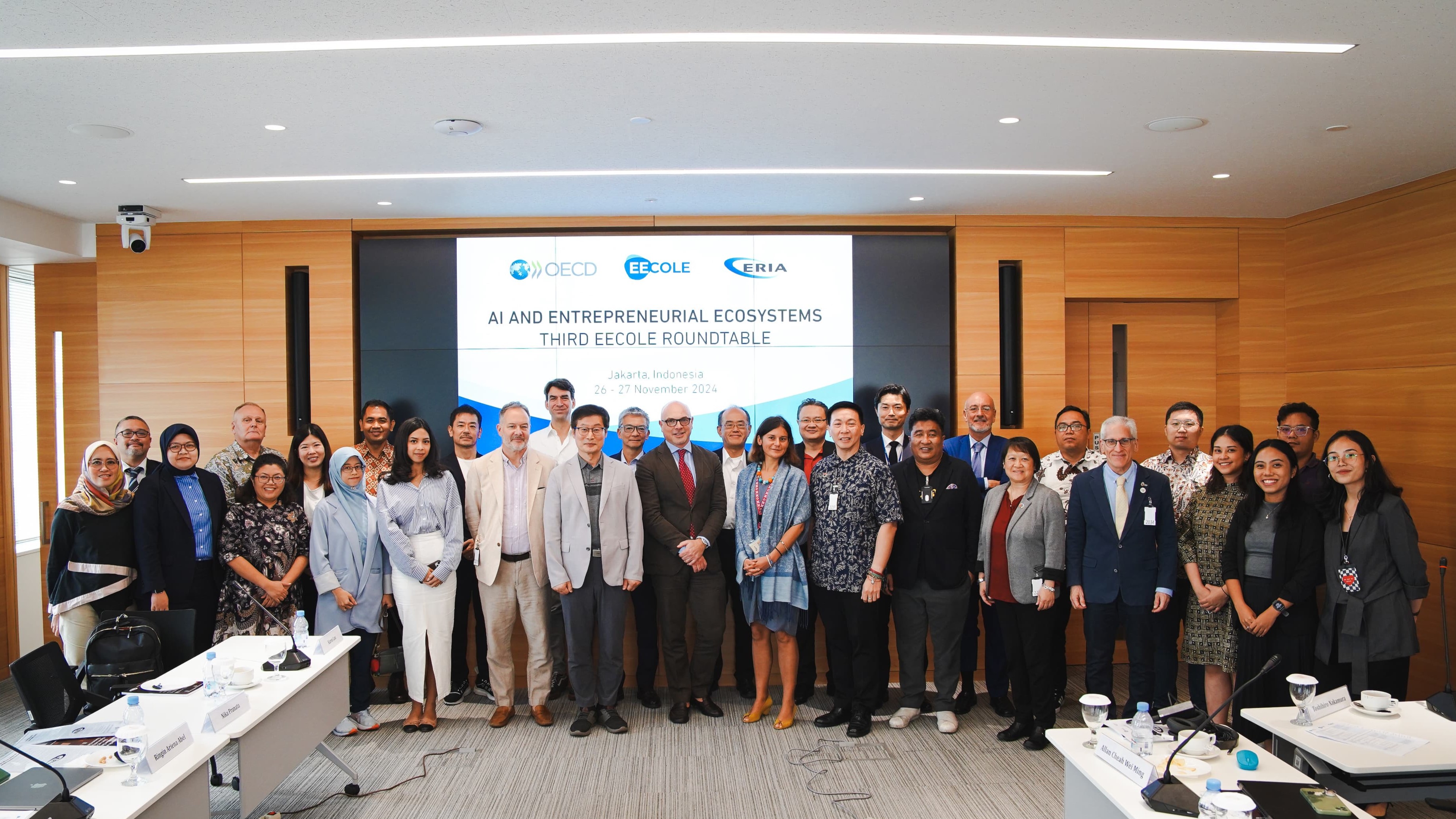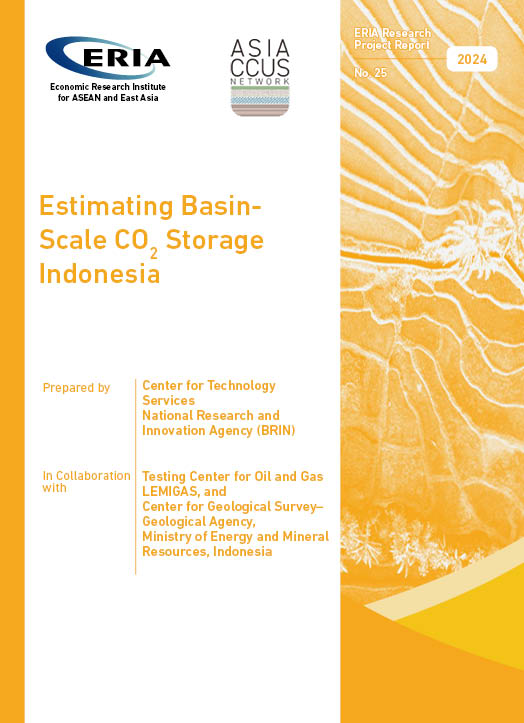Effective Trade Management: HS, AHTN, and Tariff Implementation: A 2-Day Workshop for Cambodian Officials
Date:
9 December 2024Category:
Capacity Building ProgrammeTopics:
Capacity Building ProgrammeShare Article:
Print Article:
Phnom Penh, 9-10 December 2024: With the growing number of regional and bilateral trade agreements involving Cambodia, effective management of trade measures – through a solid understanding of the Harmonized System (HS), ASEAN Harmonized Tariff Nomenclature (AHTN), and tariff implementation – is pivotal. The HS is a globally standardised system for classifying goods in international trade, while the AHTN is an extension of the HS tailored for ASEAN Member States.
Tariff Reduction Schedules (TRS) outline the phased reduction of tariffs on goods traded between member countries. Transposing TRS involves updating tariff commitments to align with revised HS and AHTN codes without altering previously agreed concessions, ensuring consistency and transparency. Failure to update TRS can result in trade disruptions, compliance issues, and economic inefficiencies. Therefore, aligning and updating Cambodia’s tariffs and transposing AHTN and HS codes are critical steps for strengthening trade competitiveness and ensuring alignment with international trade standards.
From 9–10 December 2024, ERIA, in collaboration with Cambodia’s Ministry of Economy and Finance (MEF), co-hosted a workshop on Effective Trade Management: HS, AHTN, and Tariff Implementation in Phnom Penh. The workshop brought together 20 participants from the MEF, including representatives from the General Department of Policy and the General Department of Customs and Excise, as well as officials from the Ministry of Commerce (MOC).
In his opening remarks, Jeremy Gross, Director of Mekong Affairs and Capacity Building at ERIA, highlighted the strong and enduring partnership between ERIA and the Royal Government of Cambodia (RGoC). He referenced ERIA’s past collaborations, particularly during Cambodia’s ASEAN Chairmanships in 2012 and 2022, and its continued support for studies requested by the Cambodian government. Gross also noted that this workshop marked a significant milestone as the first Australian-funded capacity-building activity under a new 5-year programme supported by the Australian Government.
Rithymony UY, Director of the Department of Economic Integration and ASEAN, emphasised the importance of the Harmonized System (HS) in facilitating smooth international trade. He underscored that transposing Tariff Rate Schedules (TRS) under various Free Trade Agreements (FTAs) is critical for Cambodia. These updates allow exporters and importers to remain competitive in global markets and benefit from preferential tariff schemes across ASEAN and beyond. Enhancing the capacity of officials in these areas, he noted, is vital for Cambodia to achieve its trade and economic goals.
Carolyn Bagster, First Secretary of the Australian Embassy in Phnom Penh, reiterated the importance of Cambodia and ASEAN as key trading partners for Australia. She highlighted priority commodities in trade between Australia and Cambodia, underscoring the importance of regional trade relations and the shared benefits of improved trade management.
The 2-day workshop was led by Artemio D. Bernardino, Chairman of the Board of Customs and Logistics Advocates of the Philippines (CLaP), and a former official with the ASEAN Secretariat (ASEC).
Day 1 featured sessions on:
- Introduction to the Harmonized System (HS) and ASEAN Harmonized Tariff Nomenclature (AHTN);
- The Importance of HS Code Transposition;
- Understanding Correlation Tables; and
- Methodologies for Transposing TRS.
The day concluded with a presentation titled Making Trade Inclusive by Jeremy Gross.
Day 2 focused on:
- Understanding tariff breakdowns;
- Practical exercises and participant presentations; and
- Discussions on the latest amendments to the HS, the significance of correlation tables, and tariff assignments.
Participants also explored strategies for updating tariff schedules and their implications for international trade policy.
The workshop provided participants with essential knowledge and practical tools to manage trade regulations effectively, optimise tariff schedules, and enhance Cambodia’s trade operations. By equipping professionals in trade policy, customs administration, and international business with these skills, the workshop supports compliance with global standards, improves trade efficiency, and contributes to Cambodia’s economic growth.







